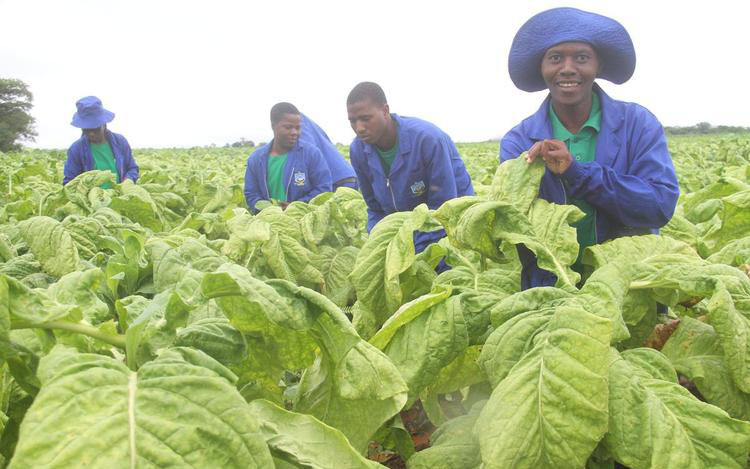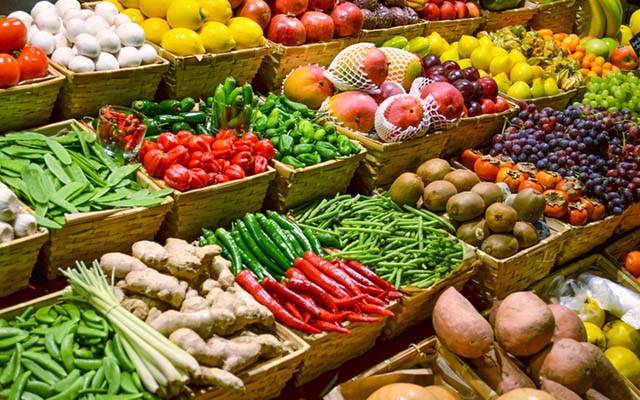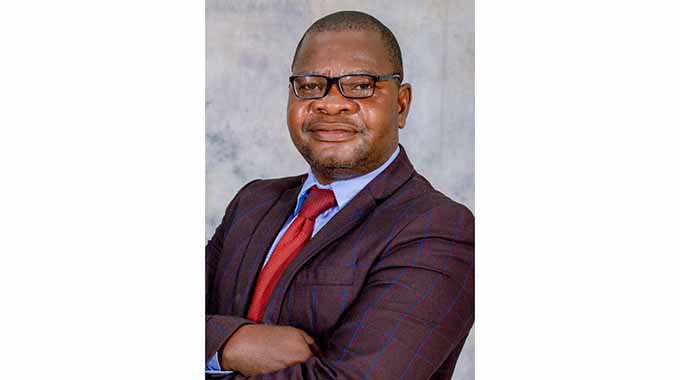3 000 youths undergo training on agricultural innovation

Sharon Shayanewako
MORE than 3 000 youths have received training on agriculture innovation at Provincial Integrated Youth Development Centres under a programmme set up by the Government to boost youths’ involvement in agricultural activities and contribute to the country’s economic development.
This is in line with Government’s policy to mainstream participation of the youths in national programmes in line with the country’s Vision 2030 of leaving no demography behind.
Agriculture is one of the major pillars of the country’s economy, hence the Government’s thrust to empower youths who constitute 62 percent of the total population in Zimbabwe.
In an interview with The Herald yesterday, Lands, Agriculture, Fisheries, water and Rural Development Services Professor Obert Jiri highlighted that there was notable progress in terms of the number of youths being trained with more youths expressing interest in the programme.
“Youth trainings have been initiated by the Ministry of Lands, Agriculture, Fisheries, Water and Rural Development to develop youths’ skills in best practices in agriculture. So far, Mashonaland West has trained 500 youths, Bulawayo and Matabeleland North 970, Midlands 700 and under Smallholder Irrigation Rehabilitation Programme more than 300. This makes a total of more than 3 000 youths who have undergone training since the launch of the programme last year. “Our youths are really interested in this initiative, therefore we are expecting to have more of them participating in these provincial hubs,” observed Prof Jiri
Midlands provincial livestock officer under the department of Agritex Mr Zivanai Matore said:
“Provincial Youth Development Centres, which as a department we are implementing, are meant to train the youths in agriculture. We have one provincial youth hub centre in Midlands that is located along Kwekwe- Mvuma road. The centre was specifically established to make sure that we empower the youths in the province, as we incorporate them in the development of our nation”, he explained.
Added Mr Matore: “The centre actually acts as demonstration sites whereby youth in the province come and learn new skills and new ways of improving agricultural productivity. Currently we have 99 cattle on the farm where the youths come and learn good animal husbandry practices – how to feed the animals properly, how to breed them and their health among other things. The ultimate goal is to enable our youths to do most of the agriculture enterprises,” he said.
Mr Matore said their vision was to increase agricultural ventures at the youth development centre and make sure that they get access to land to practise agriculture.
“We have the vision to do horticulture, cereal farming, maize production, sorghum production, millet production and legumes production so that youths can come and learn the best agronomic practices that are required for those crops. We are working in conjunction with our Ministry to ensure most of the youths have access to land,” he suggested.
The Ministry’s Rural Development chief livestock specialist Ms Rutendo Nyahoda said youth development centres were created for the benefit of the youths.
“Provincial Integrated Youth (incubation) Development Centres were created for the benefit of the youths as the name implies. The programme is successfully running in all provinces and is empowering the youths with knowledge, skills and startup inputs or assets for agricultural projects,” she said.
Zimbabwe Integrated Commercial Framers Union (ZICFU) president Mrs Mayiwepi Jiti said Provincial Integrated Youth Development Centres were the main scheme, which made agriculture attractive for the youths.
“Agriculture has been made attractive for the youths through the introduction of development centres in all of the country’s eight provinces. This is very important because our youths are the future”, said Mrs Jiti.
The President last year directed each provincial minister to identify a 500-hectare piece of land, which would be dedicated to youth projects as part of the Government’s policy to ensure youths participate in national programmes.











Comments